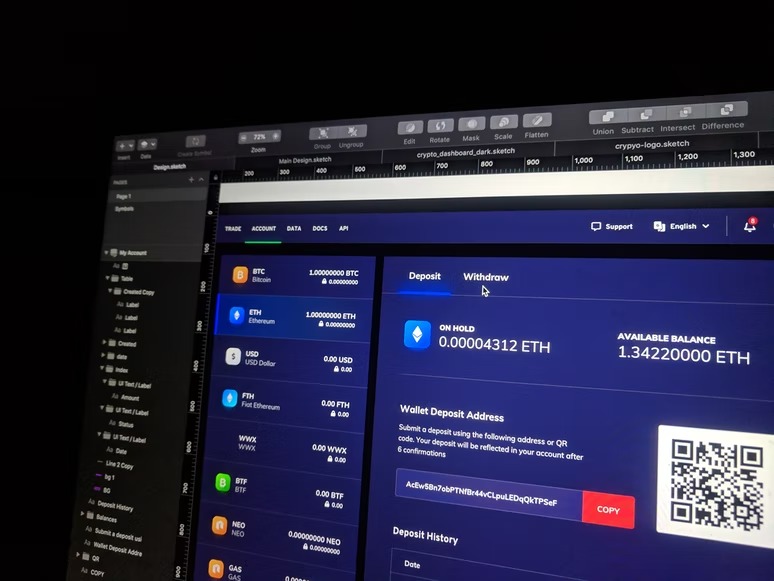
What are the data protection and Brexit deal? The EU Commission has adopted adequate decisions for the UK GDPR and the Law Enforcement Directive. This means data can continue to flow freely. What more? In this article, we will discuss the purpose of data protection and the Brexit deal.
Data Protection And Brexit Deal
The Data Protection and Brexit Deal refer to the European Union’s General Data Protection Regulation (GDPR). Also, the withdrawal agreement between the European Union and the United Kingdom.
The GDPR is a set of regulations that give citizens more control over how their data is used. Also, the withdrawal agreement is the document that outlines the plans for the United Kingdom to leave the European Union.
The GDPR was by the European Parliament in April 2016. It came into force on May 25, 2018. The UK is a member of the European Union and will be until March 29, 2019.
Even though the GDPR will apply in the United Kingdom after Brexit, it only applies to organizations based or operating within the EU.
Agreement
The withdrawal agreement is a document that outlines how a country leaves the European Union. It sets out the UK’s withdrawal from the EU, including arrangements for its orderly departure.
However, it also outlines what will happen once Brexit is complete. To date, talks have taken place between the EU and UK government officials.
Several topics have been as part of the Brexit negotiations. These include the UK’s financial obligations to the EU, citizens’ rights, and the border between Ireland and Northern Ireland.
Other topics have been including trade, data protection, and Northern Ireland, among others.
The GDPR is a set of regulations that give citizens more control over how their data is used. Also, the withdrawal agreement is the document that outlines the plans for the United Kingdom to leave the European Union.
Under the GDPR, organizations can no longer justify processing personal information based on consent alone. Also, there are penalties for non-compliance of up to €20 million or 4% of annual turnover.
The GDPR requires organizations to protect customer data from cyber threats and breaches. It also allows individuals to request their data be deleted. In addition, organizations must disclose the reasons for processing individuals’ data.
ICO
The UK’s Information Commissioner’s Office (ICO) has adopted the GDPR. This means that the ICO will still have jurisdiction over the processing of personal data in the United Kingdom after Brexit.
The GDPR was by the European Parliament in April 2016. It came into force on May 25, 2018.
The UK is a member of the European Union and will be until March 29, 2019. However, this date is set to be until June 30, 2020.
Even though the GDPR will apply in the United Kingdom after Brexit, it only applies to organizations based or operating within the EU.
The UK is set to leave the European Union on March 29, 2019. What’s more, the UK is set to leave the European Atomic Energy Community (Euratom). And then finally, the 2019 European Parliament elections will be in May and June 2019.
Conclusion
Nonetheless, it is unclear how the GDPR will apply in practice. The UK government has proposed a data protection bill which it hopes to pass before Brexit day.